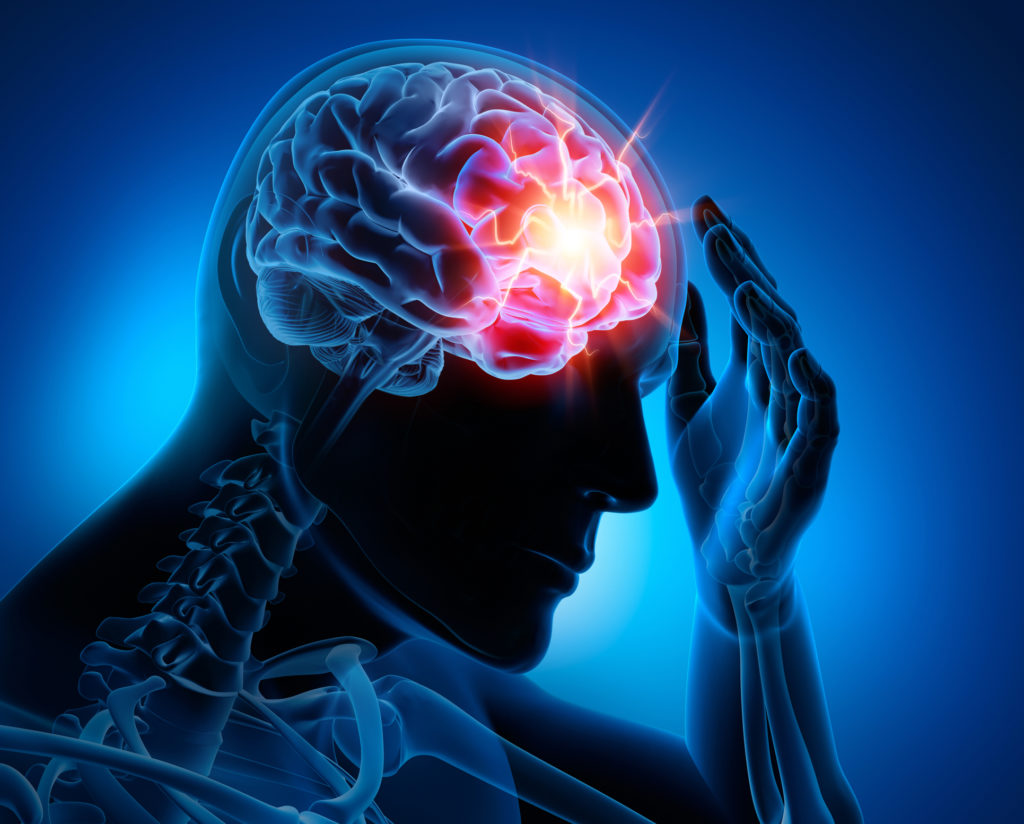DNA based markers of neural cell health
Traumatic brain injury (TBI) is a common injury with potentially serious and long term impacts for patients and their families. It is estimated that 1-2% of the general population is living with a long-term or permanent disability as a result of an acquired TBI. Despite its severe consequences, diagnosis of TBI can be difficult. This is especially true for injuries in the lower end of the severity spectrum (termed mild TBI, or mTBI). Mild TBI may not be evident on current imaging techniques (e.g. MRI), even in cases where a patient goes on to develop long-term symptoms of brain injury (called Post-Concussive Syndrome or PCS). PCS is estimated to present in ~15% of all mTBI patients and only about half of those patients will ever seek out medical help in relation to their rehabilitation. Clearly there is a significant clinical gap in the detection and treatment of mTBI and a need for better patient management, medical coverage and reimbursement.
In this project we have developed a set of ccfDNA based epigenetic biomarkers for the detection of brain cell death and are applying this to the detection of clinical mTBI. These markers make use of highly sensitive, specific and inexpensive technologies and provide an avenue for the accurate identification of patients with mTBI and the potential to develop PCS. We are also engaging with clinical partners to understand the utility of these tests in Alzheimer’s disease and understanding brain injury due to oxygen deprivation in babies during childbirth.

TEAM MEMBERS:

Dr Warwick Locke
- Primary Emailwarwick.locke@csiro.au

Dr Jason Ross
- Primary Emailjason.ross@csiro.au

